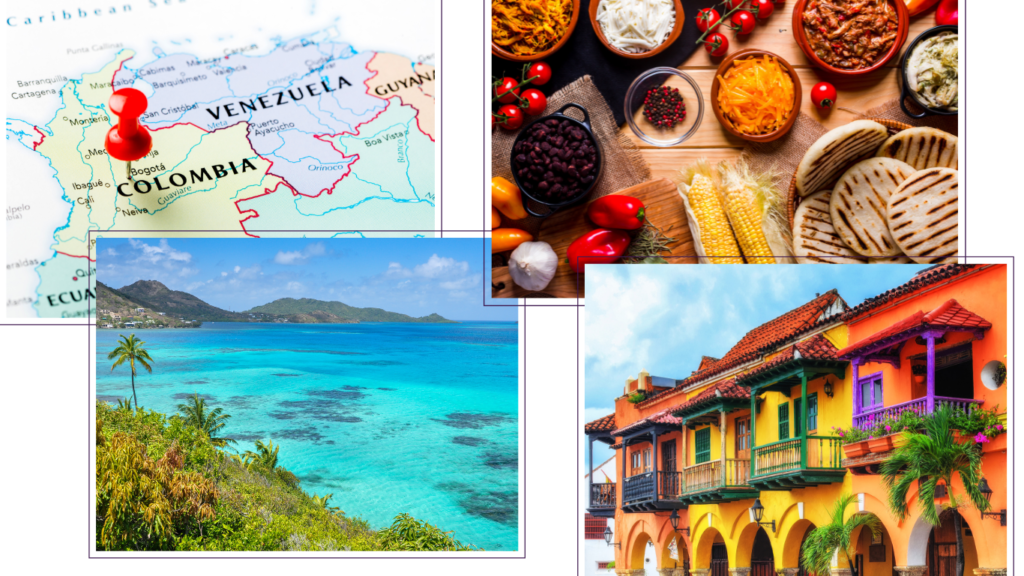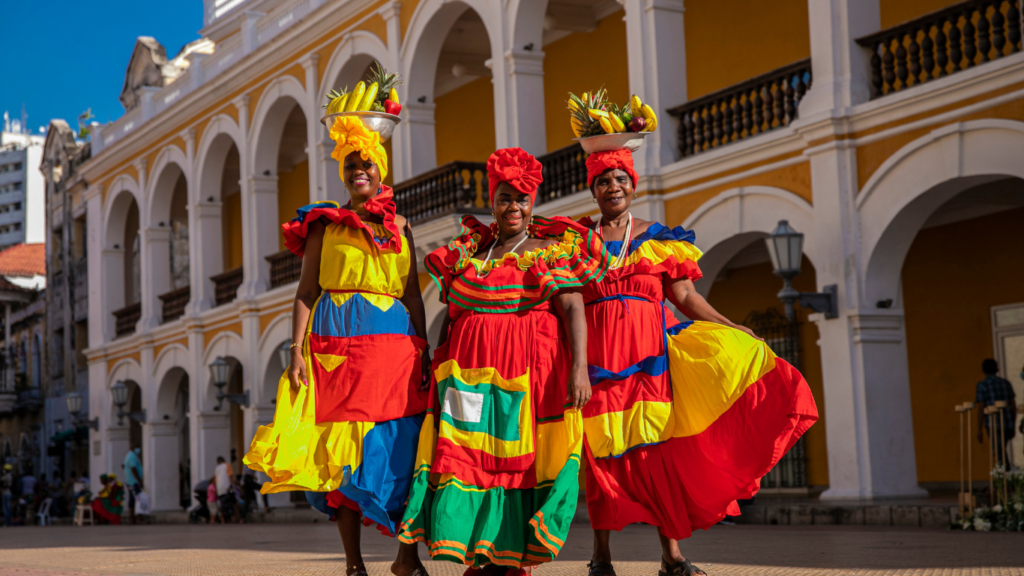Surrogacy in Colombia
While Colombia does not currently have a comprehensive statute specifically regulating surrogacy, the practice is not expressly prohibited under Colombian law. Understanding how surrogacy operates in Colombia requires examining the role of the Constitutional Court of Colombia and its jurisprudence, particularly a key ruling issued in 2009.
What is the Constitutional Court of Colombia?
The Constitutional Court of Colombia is the highest judicial authority in matters of constitutional interpretation. It was established in 1991 with the adoption of Colombia’s current Constitution and plays a central role in protecting constitutional rights and principles.
The Court is composed of nine magistrates appointed for non-renewable eight-year terms through a process involving the President, Congress, and the judiciary. Its rulings are binding on all public authorities, including Congress and administrative agencies, and serve as controlling precedent.
Among its core functions, the Court:
Reviews the constitutionality of laws and governmental acts
Decides cases involving fundamental rights
Interprets constitutional protections related to equality, family, and children
Although its decisions may be debated or criticized, they remain enforceable unless modified by the Court itself or through constitutional amendment.
The 2009 Court Ruling
The leading case addressing surrogacy in Colombia is Sentencia T-968 de 2009. This decision did not create a surrogacy statute, but it clarified how surrogacy fits within Colombia’s constitutional framework and urged Congress to consider formal regulation.
The Court emphasized that children born through assisted reproduction, including surrogacy, are fully protected under the Constitution. Citing Article 42(6), the Court affirmed that:
“Children born in marriage or outside of it, adopted or procreated naturally or with scientific assistance, have equal rights and duties.”
This confirms that a child born through surrogacy is not illegitimate, and that surrogacy itself is not illegal. However, the Court also made clear that surrogacy agreements do not override judicial authority, and that courts retain final responsibility for resolving custody and parentage disputes.
While not binding statutory requirements, the Court offered guidance that is widely relied upon by practitioners. Incorporating these principles into any surrogacy arrangement is strongly advisable. These guidelines include:
- There should be proof that the surrogate voluntarily participated, such as that she was represented by an independent legal counsel.
- The Justices indicated that they preferred altruistic motives over commercial motives.
- The parties all received medical and psychological evaluations.
- At least one intended parent must have a biological connection to the child.
- The surrogate’s name should be listed on the original birth certificate.
- The intended mother should have a documented medical need for surrogacy.
- There is no requirement for intended parents to be married or domestic partners.
- The surrogate must have no biological connection to the child she carries.
- The surrogate should be over the age of 18, undergo a psychological evaluation, and have at least one child of her own.
- The agreement should contain a provision obligating the surrogate to receive adequate medical care before, during, and after the pregnancy.
- The agreement should contain a section that states that the surrogate commits to relinquishing the child to the intended parents upon birth and acknowledges that the primary purpose of the arrangement is for her to carry a child for the intended parents and to transfer custody to them subsequently.
- There should be a provision mandating the biological parents to take custody and financial responsibility of the child upon birth.
Same-Sex or Single Parenting
Colombia’s constitutional protections against discrimination extend broadly to family formation. Same-sex couples and single individuals are not categorically excluded from pursuing surrogacy.
In addition, Article 100 of the Constitution guarantees foreigners the same civil rights as Colombian nationals, subject to limited statutory exceptions. In practice, this means international intended parents may pursue surrogacy, although outcomes can vary depending on judicial and administrative handling.
Finalizing Parental Rights
While Colombia lacks a pre-birth order procedure typical in other jurisdictions, it follows a post-birth process to formalize the intended parents’ legal guardianship of the child. Following the birth, the intended parents are required to provide DNA evidence demonstrating that at least one of them is biologically related to the child.
Subsequently, the surrogate must sign a legal document relinquishing all maternal rights. These documents, along with the DNA testing results, are sufficient to facilitate the removal of the surrogate’s name from the birth certificate and the issuance of a new birth certificate containing the names of the intended parents.
Finally, it is important to complete the civil registration process for both the child and the intended parent(s) to ensure the surrogacy arrangement is legally recognized.
There have been reported cases of bribes being paid to doctors to enter the names of the intended parents instead of the surrogates onto the original birth certificate. This practice is fraudulent and can pose problems if the surrogate disputes custody of the child, leading to legal complications. It is highly recommended that you DO NOT engage in any fraudulent activities and instead follow the legal pathway to establishing your parental rights.
The Child’s Citizenship
Infants automatically receive Colombian citizenship upon birth and are entitled to obtain a Colombian passport. However, the issuance of a passport is not guaranteed.
Intended parents should consult both Colombian counsel and their home-country immigration authorities to understand how citizenship, travel documents, and exit procedures will apply in their specific case.
Legal Disputes
The Constitutional Court emphasized that in cases where a surrogate initiates a custody lawsuit, the court’s evaluation will prioritize the best interests of the child.
Factors such as the existence of a written surrogacy agreement, biological parentage, and financial transactions with the surrogate, among others, will be carefully considered. Furthermore, the Court indicated that if it is determined that the surrogate is not biologically related to the child and there are no compelling reasons to prevent the child from being placed with the intended parents, the court should rule in favor of placing the child with the child’s biological parents.
Colombia is not a prohibited surrogacy jurisdiction, but it is not a fully regulated one. Surrogacy operates within a constitutional and judicial framework rather than a comprehensive statute. While this allows surrogacy to occur, it there may be legal variability and uncertainty, particularly regarding parentage and documentation.
Overall, Colombia offers a welcoming environment for surrogacy, embracing diversity and upholding fundamental rights for all individuals involved in the process.

Future Legal Developments
February 2023
A draft bill was introduced to regulate the practice of surrogacy in Colombia. The Bill would ban foreigners from participating in surrogacy unless they resided in Colombia for more than 3 years. However, this Bill was defeated in July 2023, and it is not expected to be represented for consideration.
January 2024 – Present Day
The US Department of State issued this warning: Reconsider travel due to crime and terrorism. Exercise increased caution due to civil unrest and kidnapping. Some areas have an increased risk. Read more here.



